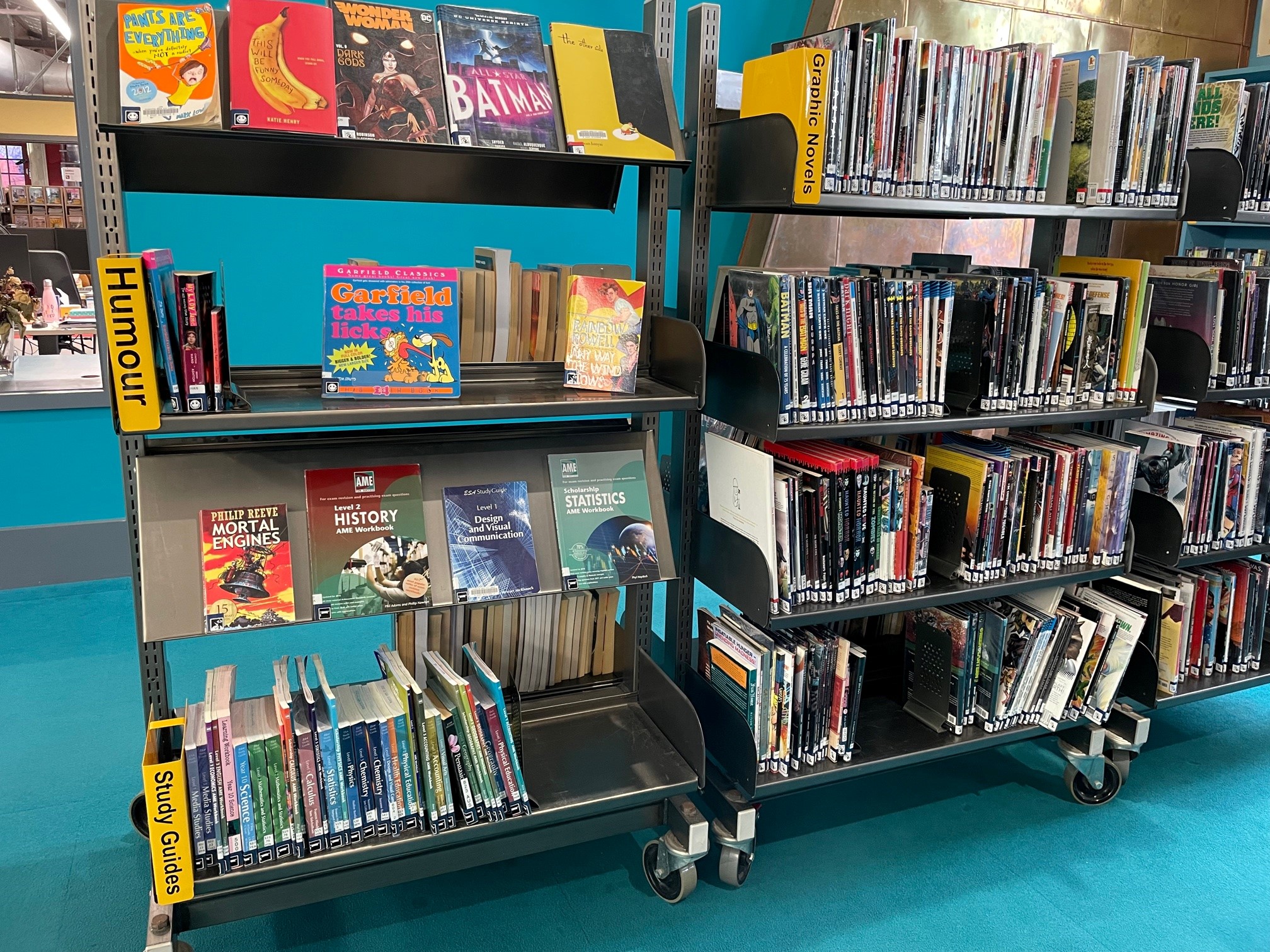
Among the many unpleasant and upsetting effects of Covid-19, there was one that came as a complete surprise to me: the availability of books.
One of my consolations in Lockdown was that I still had books to read. When I ran out of library books I re-read some old ones I had at home. If I wanted to, I could use ebooks and e-audio (available from the Palmerston North City Library – just sign in with your card!). And I was looking forward to all the new books that would arrive once Lockdown ended.
The first effect for book-buyers when we got back in the Library at Level 2 was that Auckland was still at Level 4, and that’s where all the big distributors are. So, no new book deliveries.
Ironically, individuals could still order books from overseas, which has made Auckland publishers and booksellers understandably upset.
Libraries usually order books either direct from the publishers (mostly in Auckland) or from Library supply companies, which provide specific services we need such as partial cataloguing and processing. The company we use is in Auckland. Selection of titles could continue, we just couldn’t get any deliveries.
Even if the publisher is overseas, most deliveries go through distributors in Auckland.
This is tough for library customers in Palmerston North, but even tougher for people in Auckland whose livelihoods depend on the publishing cycle not being interrupted too much. (Plus all the booksellers around the country who are affected.) Remember that a publisher usually has to plan each release a year in advance, to coordinate getting the book printed, deliver books to shops, schedule promotions, author tours, launches, and so on.
Some titles have been delayed, and some will simply be abandoned, as publishers focus on the books they have confidence in getting a good return on. Due to the turbulence of the last couple of years, they have less capacity to take a chance on a title now.
Another thing which blindsided me: a paper shortage. For various reasons, including less plastic being used, and more deliveries happening due to online shopping, a lot of pulp now becomes packaging instead of pages.
On top of that, shipping has been massively disrupted. The cost of a shipping container has increased hugely, and will possibly do so again next year. Some people I’ve spoken to say it might double, or more. This increased cost will have to be passed on to the end user, and will affect everything from books to guitars to cars.
Is there an upside to this rather gloomy post? I like to think so. Maybe this will bring about a change in our society’s culture of consumption. Some have already chosen this path – now the rest of us are being forced to ponder it.
Climate change, colonisation, homelessness, poverty, inequal access to healthcare, the various ripple effects of Covid-19 – all of these things and more are coming to a head, and maybe there’s a better way forward if we look at them all together, holistically.
Ummm… so anyway, back to the library. Long story short: if new books become scarce, your local public library exists to provide for everyone, collectively. We’re always keen to hear your suggestions for purchases, and even if books take longer to get published and delivered, we can put your name on the list and let you know as soon as they’re available.
Long live reading!
Noho ora mai.
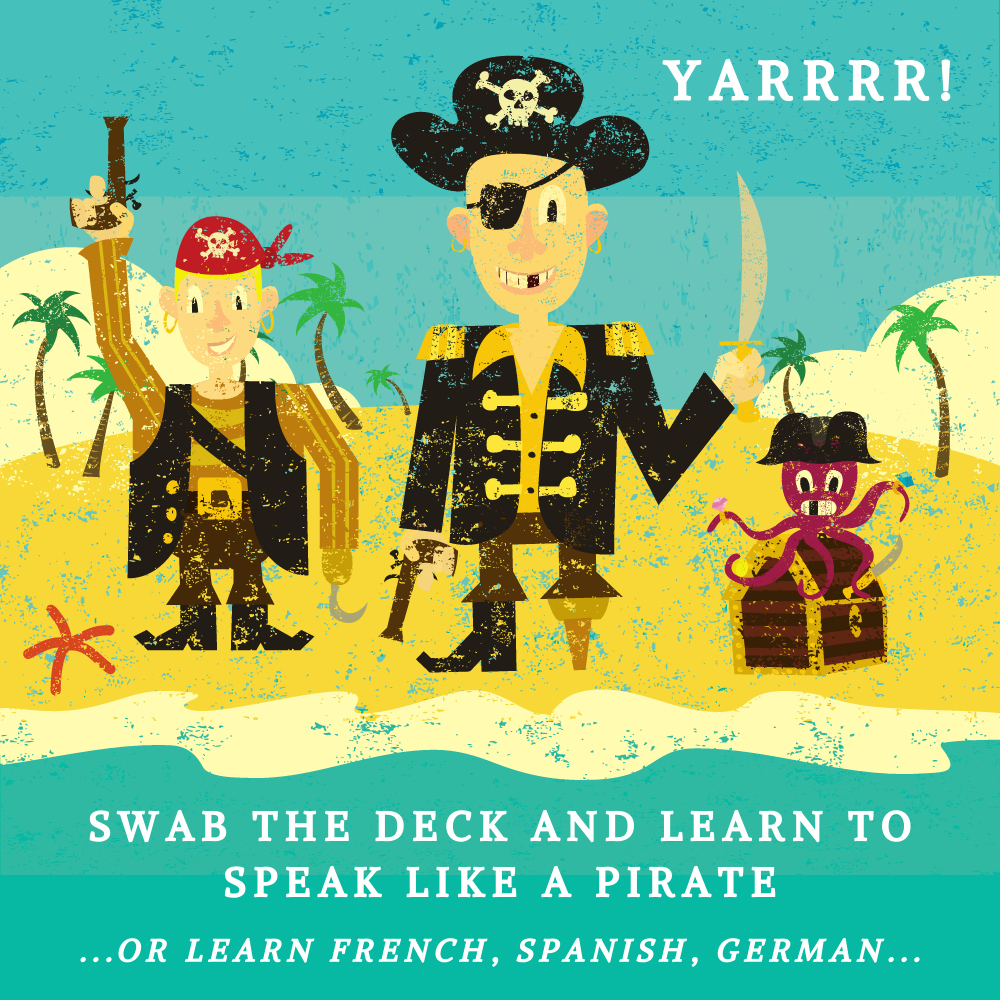
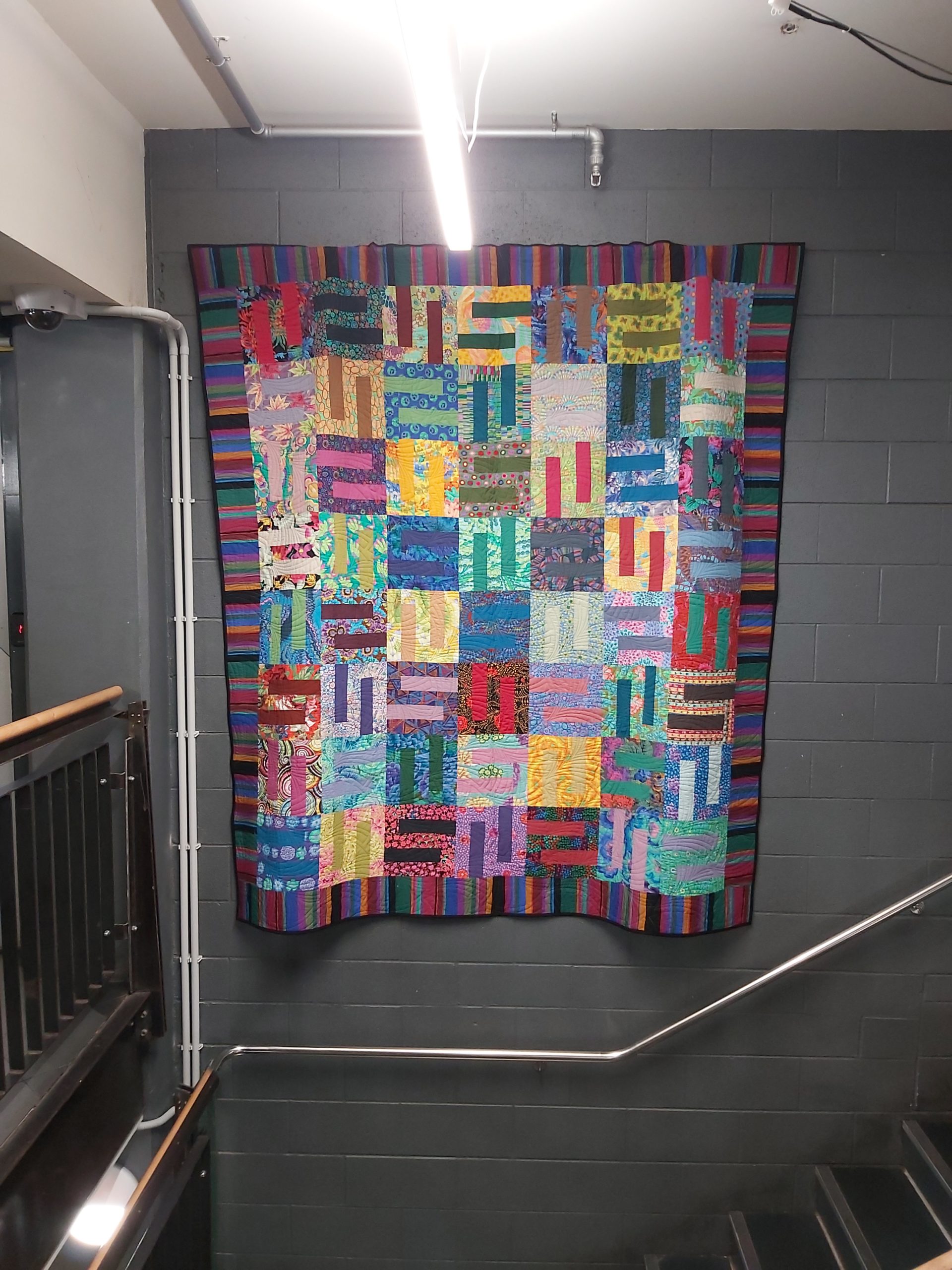
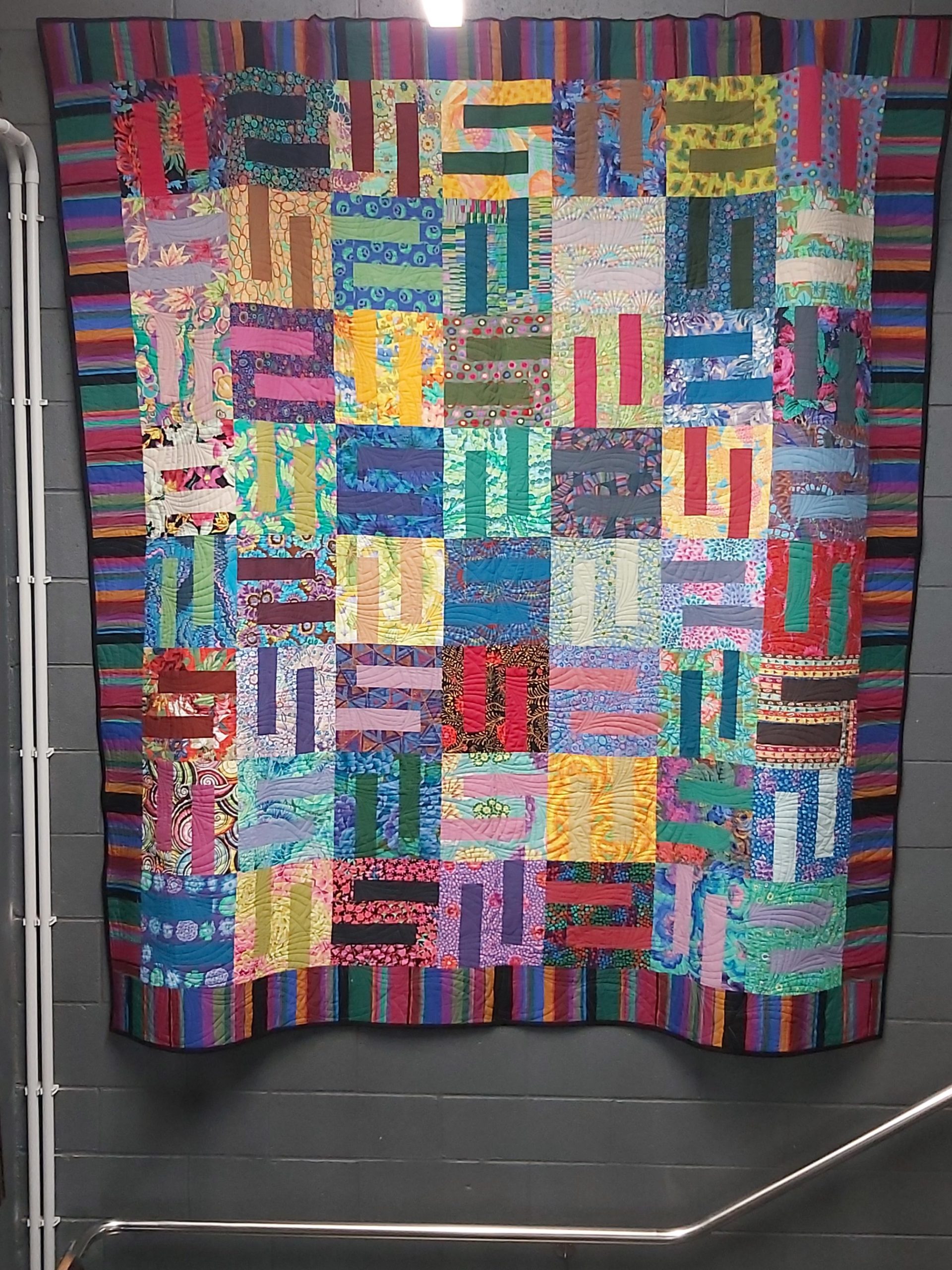
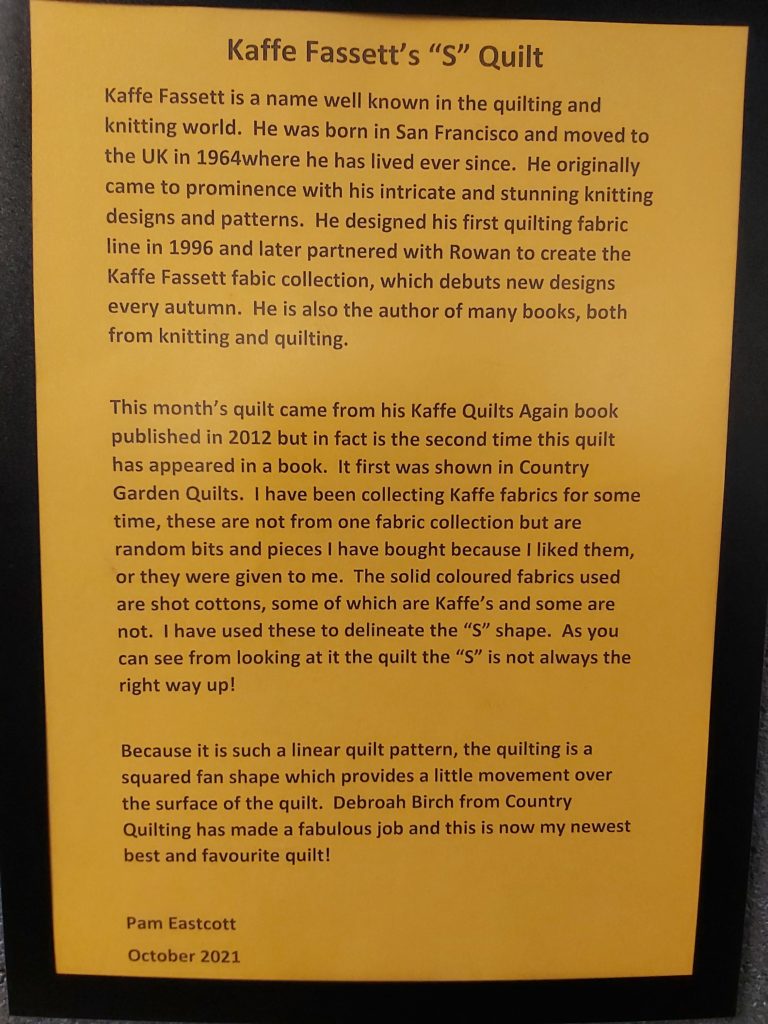
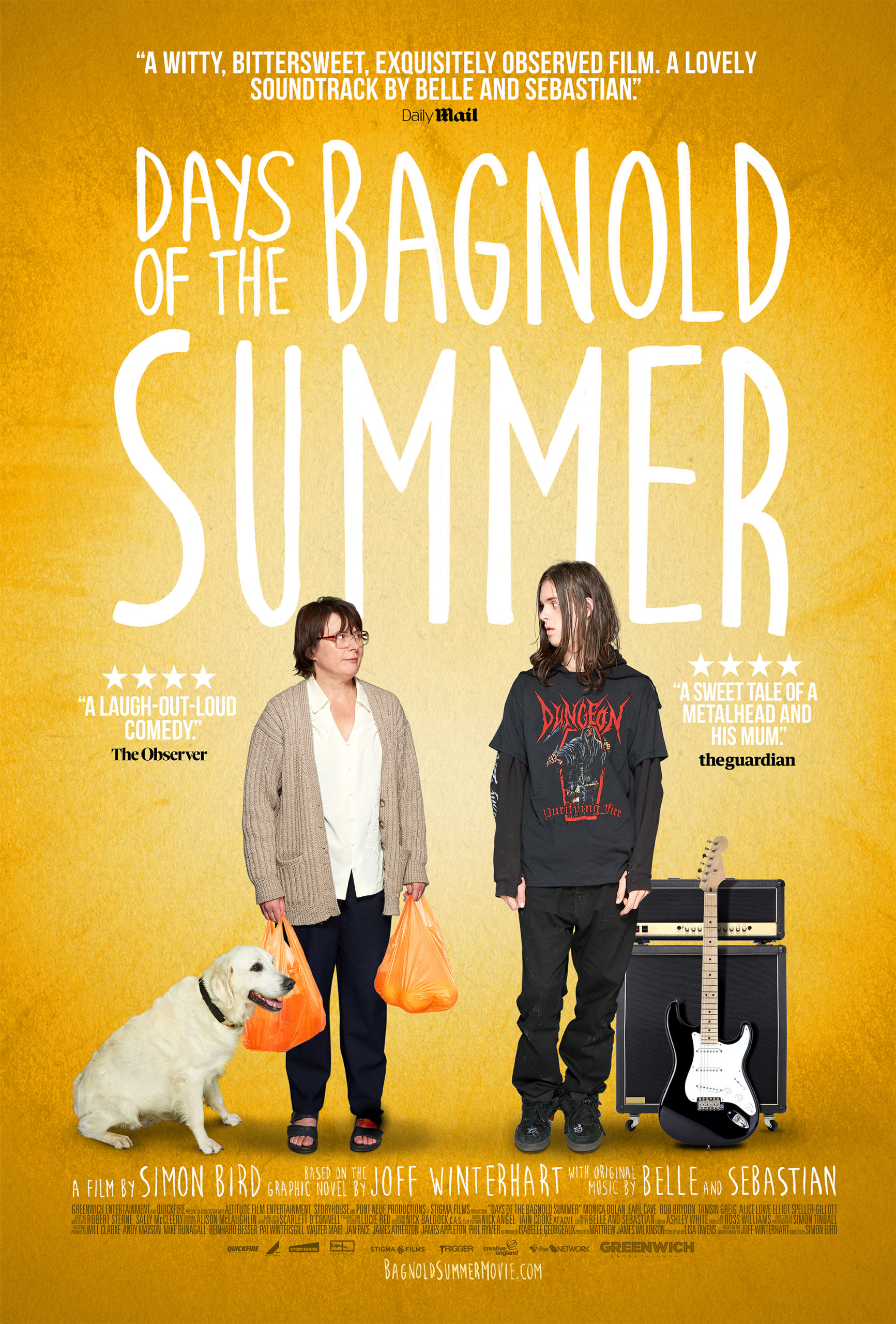
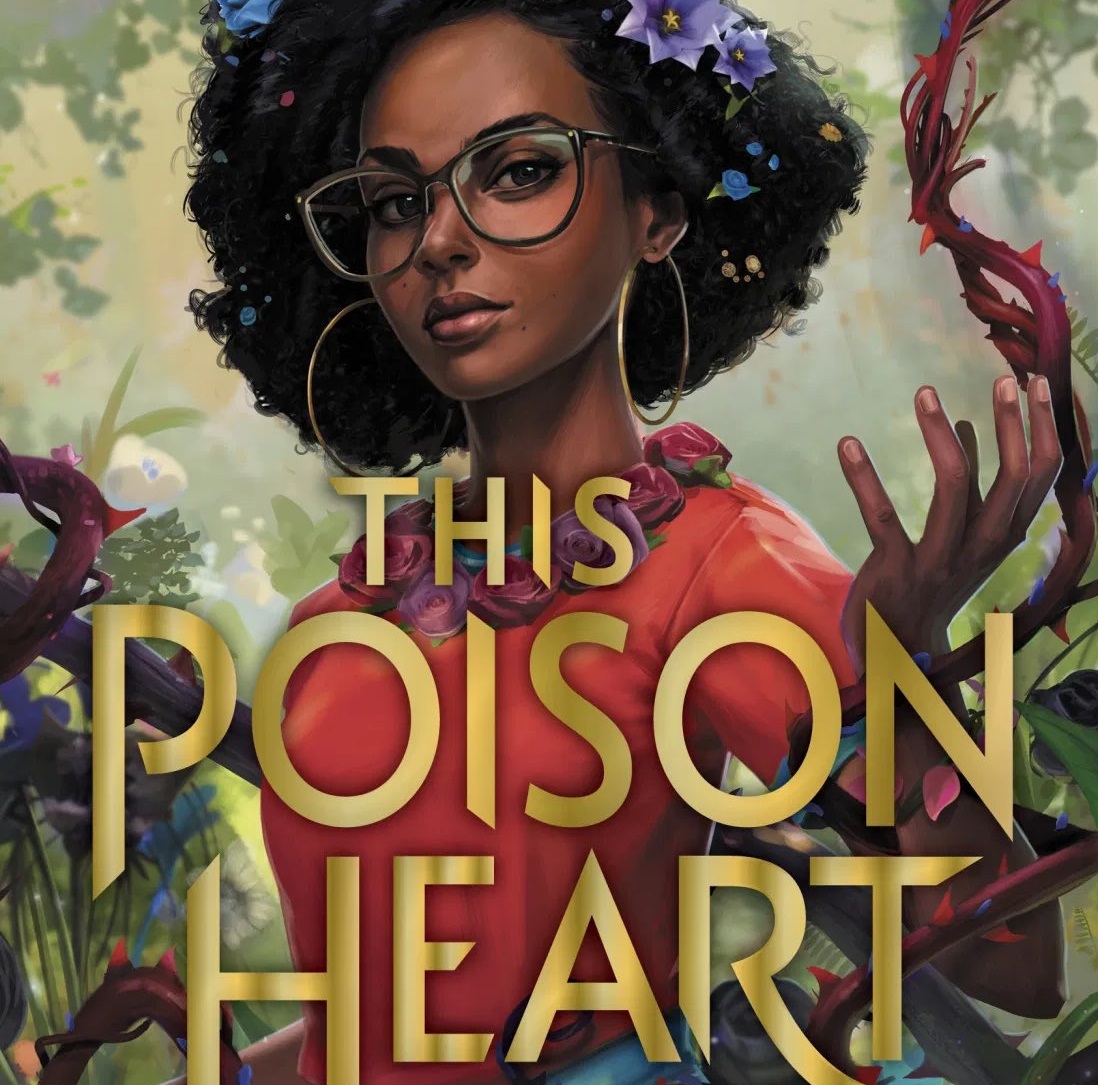

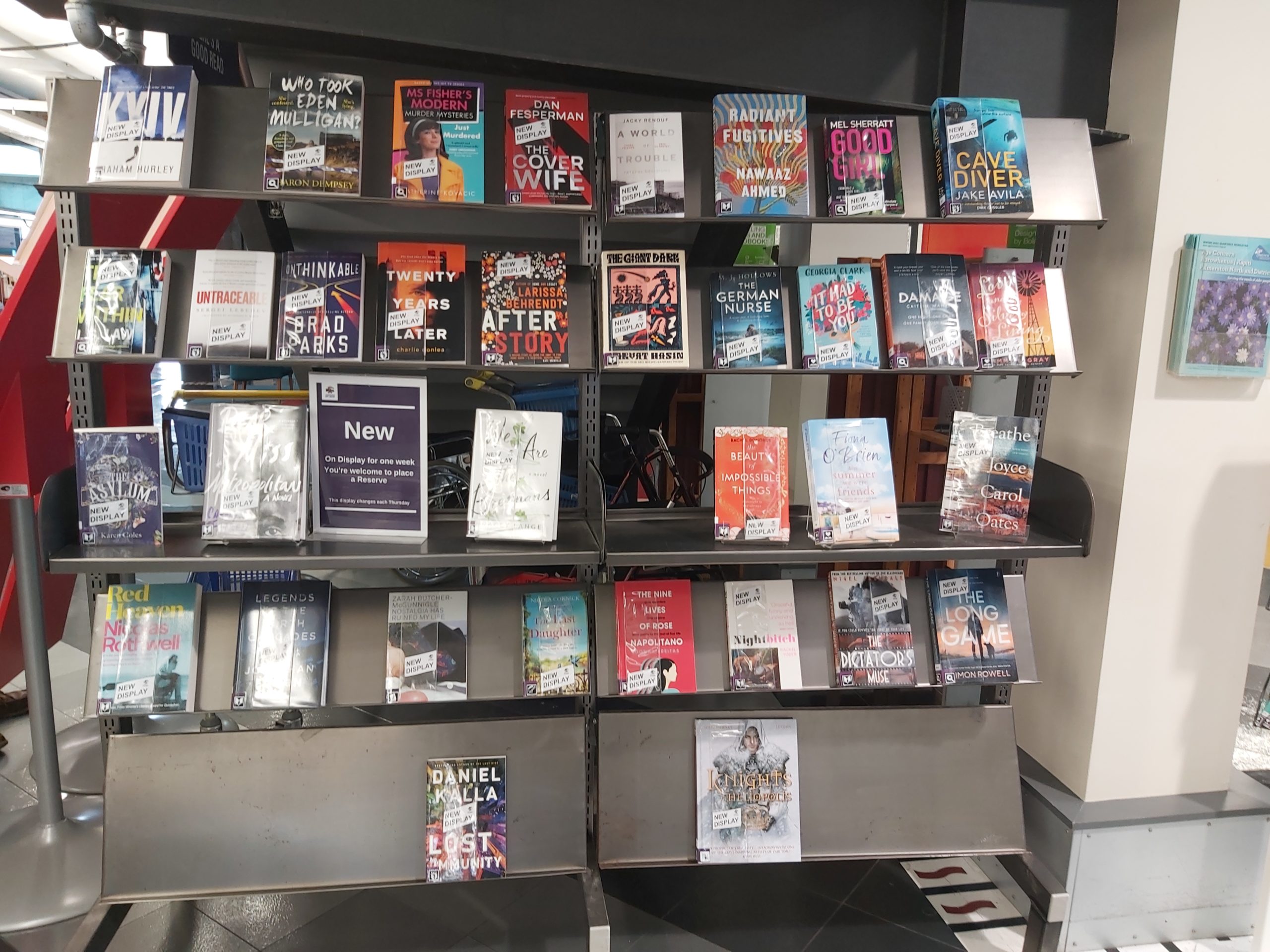

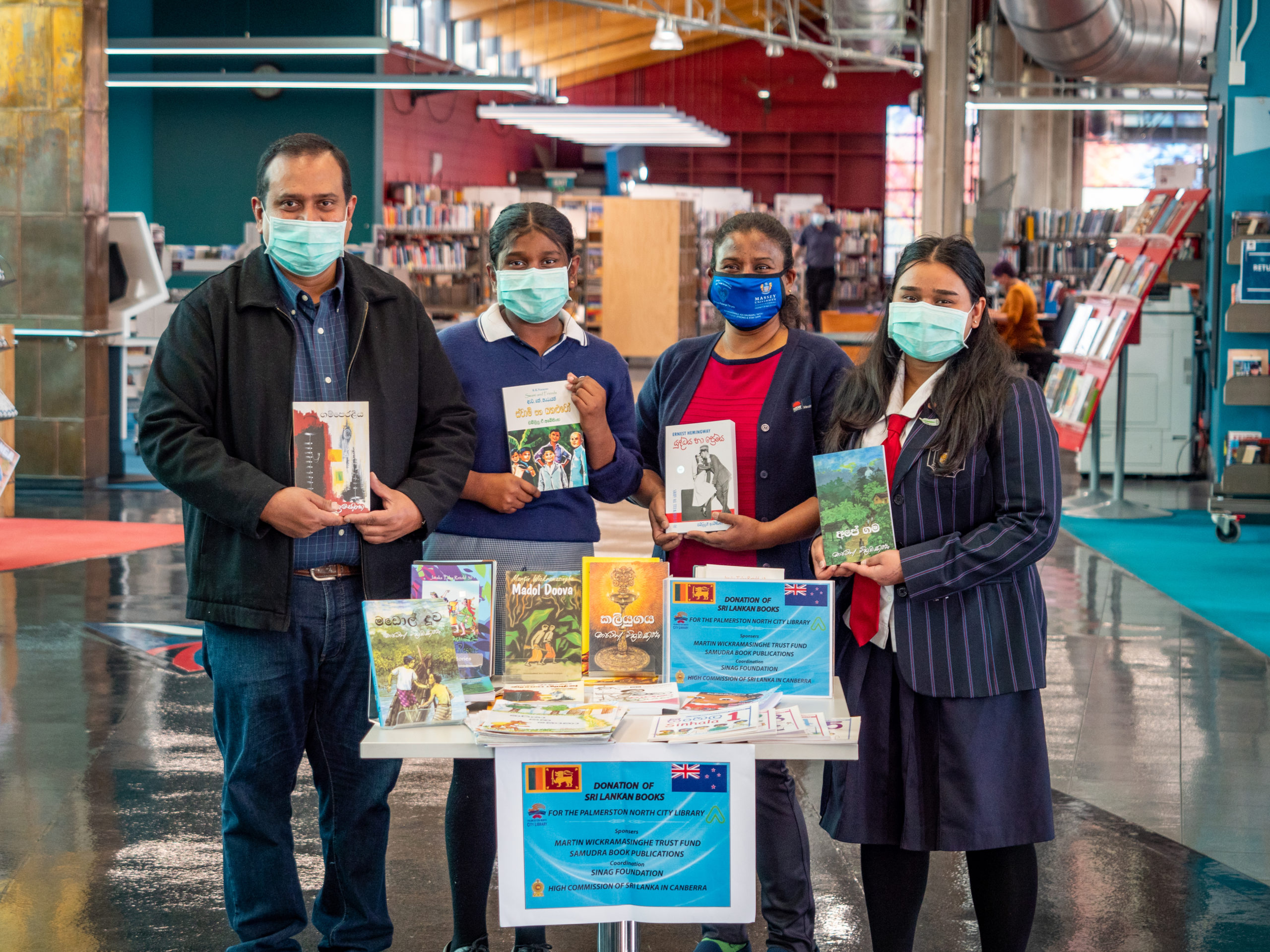

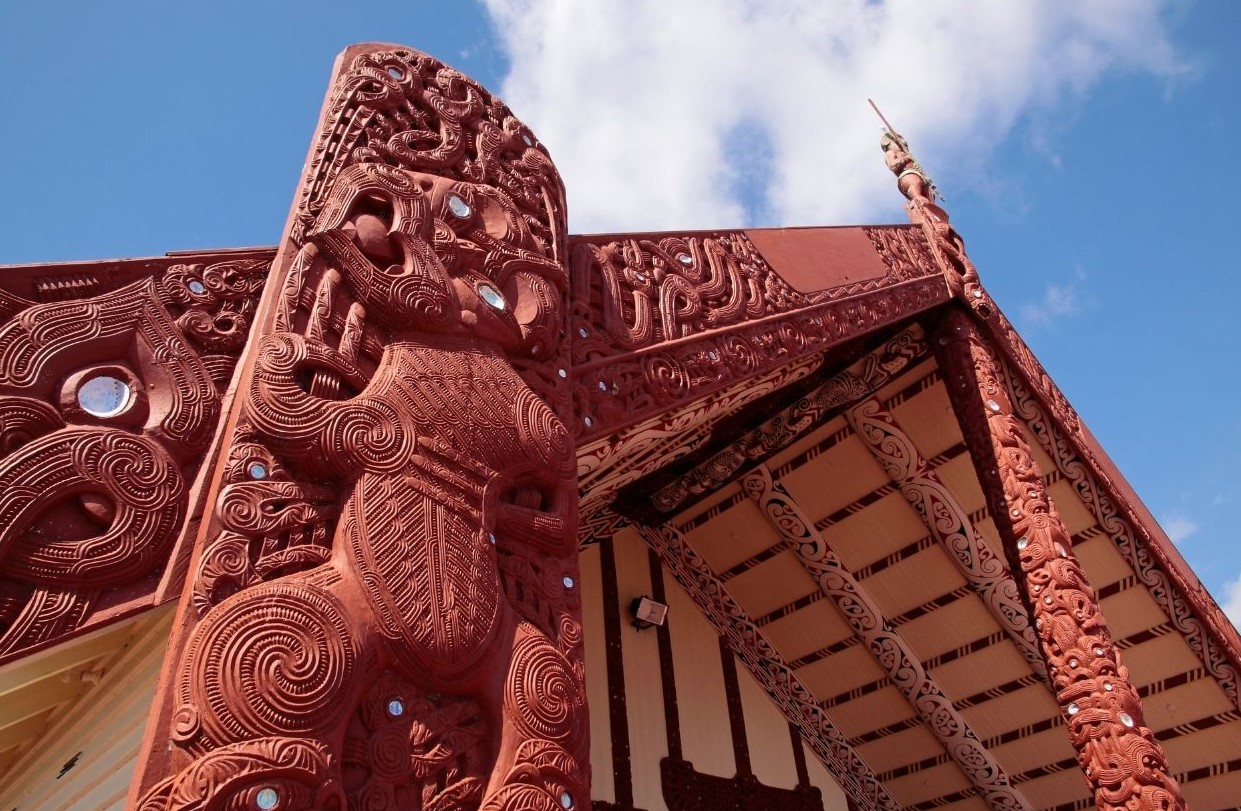

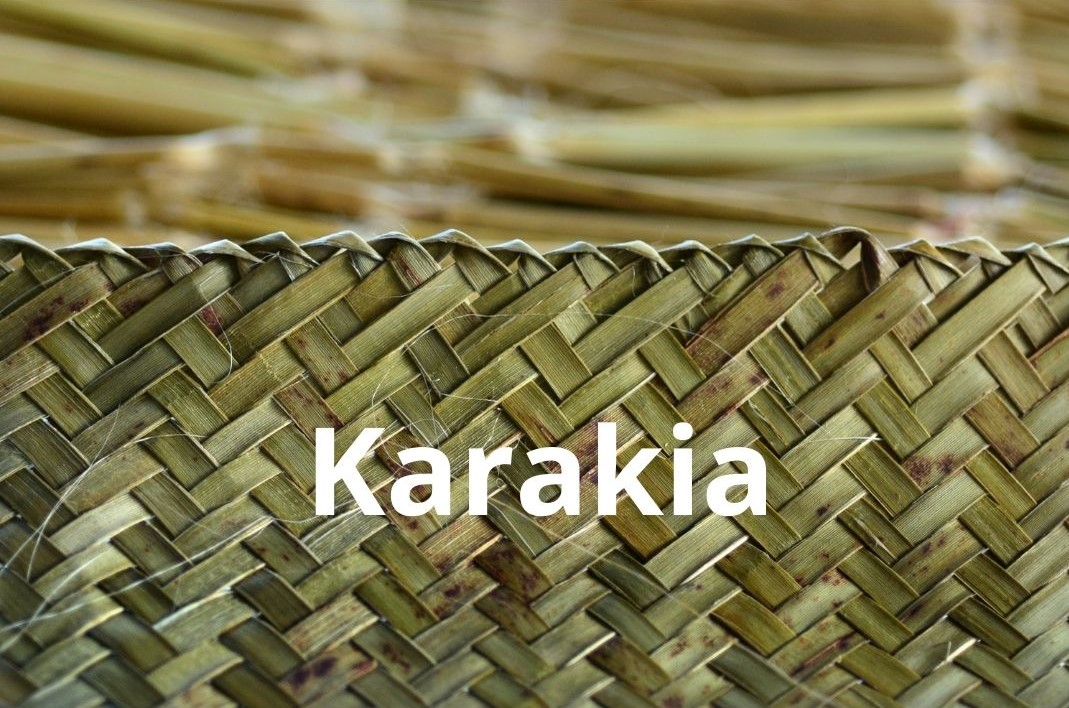

Recent Comments